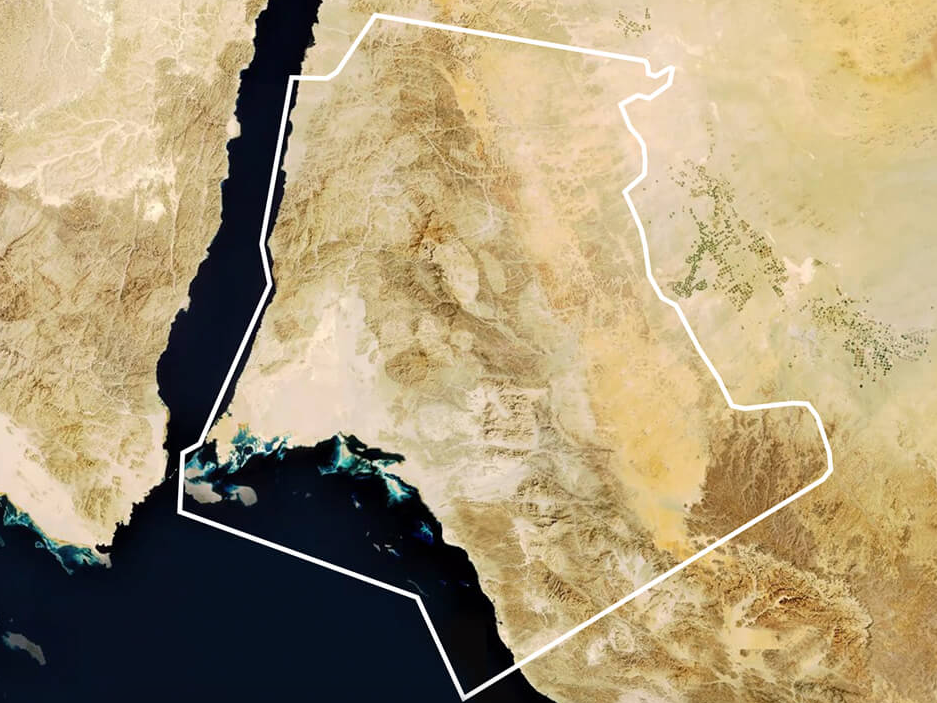- Saudi Arabia is building a futuristic mega-city called Neom deep in a desert bordering the Red Sea.
- The state has pledged at least $500 billion to make it happen, and is soliciting further investment.
- Blueprints obtained by the Wall Street Journal detail wild plans for artificial rain, a fake moon, robotic maids, and holographic teachers.
- Phase one is due for completion in 2020, with the final brick laid in 2025. It is unclear whether it will live up to its sky-high expectations.
- Here’s everything we know about the city which Saudi Arabia says will be 33 times the size of New York City.
- Visit Business Insider’s homepage for more stories.
Saudi Arabia is building a futuristic mega-city 33 times the size of New York City from scratch.
Saudi officials describe it as “the world’s most ambitious project.”
It’s called Neom, a planned 16-borough city on the Red Sea coast in the northwestern Saudi province of Tabuk.
Crown prince Mohammed bin Salman told Bloomberg in October 2018 that Neom will be completed in 2025, and phase one is nearing completion.
Here's everything we know about it so far
Neom is a portmanteau of the Greek word neos, meaning "new," and mustaqbal, the Arabic word for "future."

Source: Business Insider
It will cover 10,230 square miles, and cost Saudi Arabia's Public Investment Fund at least $500 billion — plus millions in foreign investment if it can get it.

Source: Business Insider
Neom is part of Vision 2030: an ambitious plan to revolutionize Saudi society, reduce dependence on oil, and make the country a technology hub.
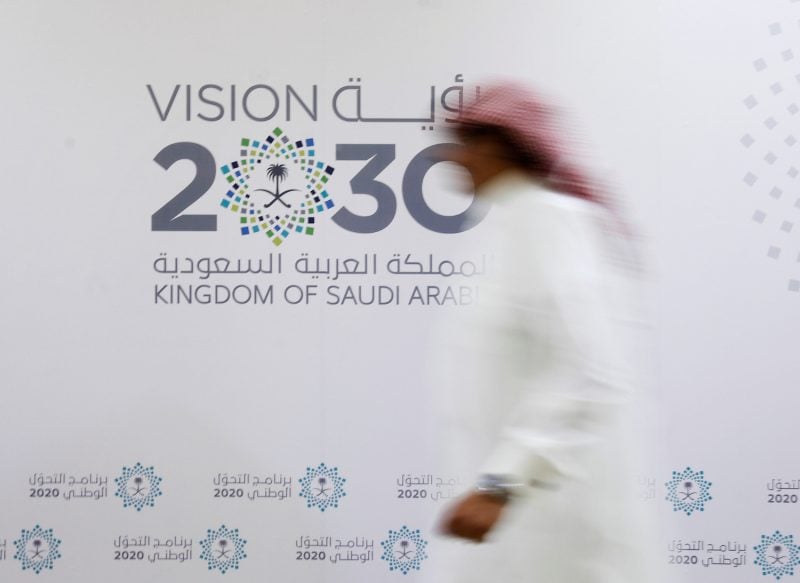
Source: Vision 2030
In January 2019, Saudi Arabia set up a company, also called Neom, to be the driving force behind the building effort.

Source: CNBC
In 2017, Neom hired three of the world's largest consultancy firms — McKinsey & Co, Boston Consulting, and Oliver Wyman — to advise. Here's what they came up with.
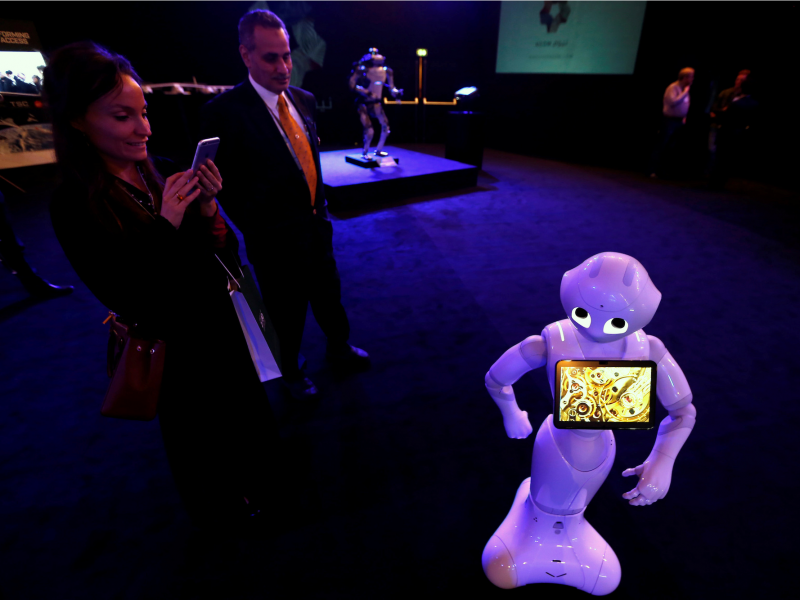
Source: The Wall Street Journal
Neom is supposed to draw on "cloud seeding" technology to make artificial clouds which will produce more rainfall than naturally possible in the desert.
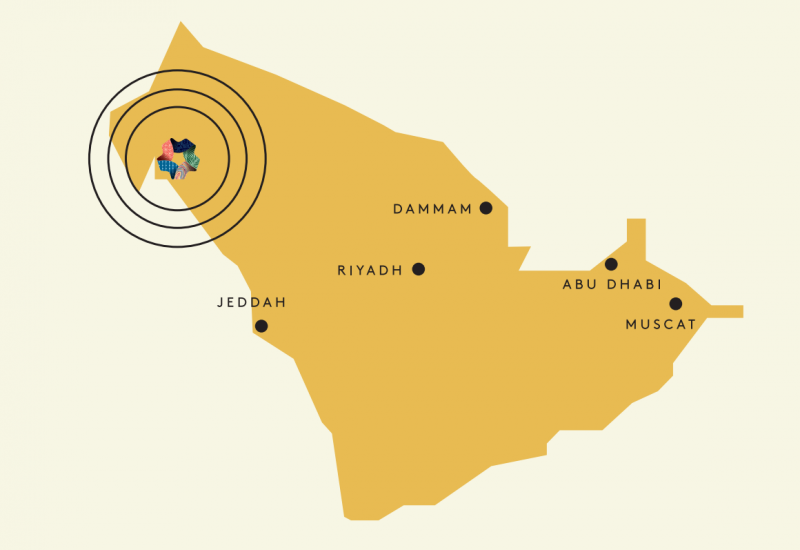
Source: The Wall Street Journal
Neom will also have the "leading education system on the planet," with classes taught by holographic teachers, officials say.
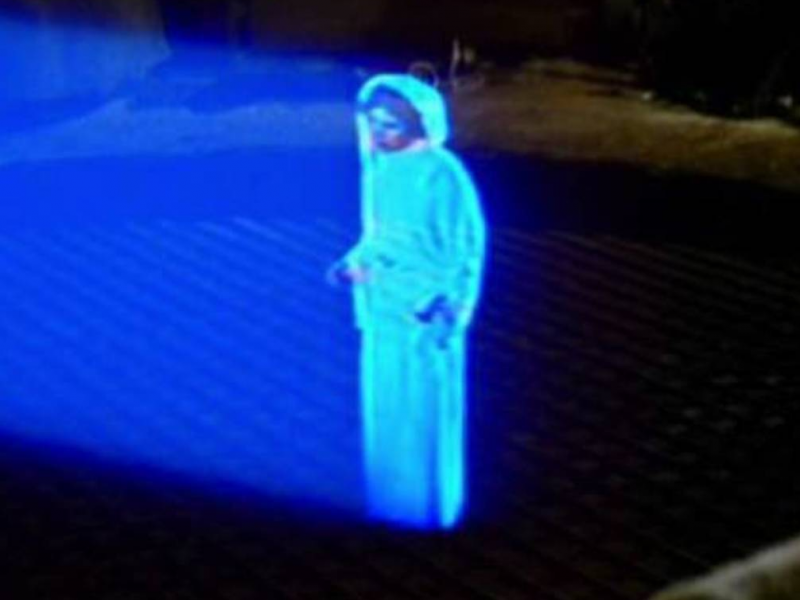
Source: The Wall Street Journal
Another idea is a 'Jurassic Park'-like island for tourists with robotic dinosaurs.

Source: The Wall Street Journal
At night Neom is supposed to be illuminated by a giant artificial moon.

Source: The Wall Street Journal
People will get about using flying taxis, Saudi officials say.
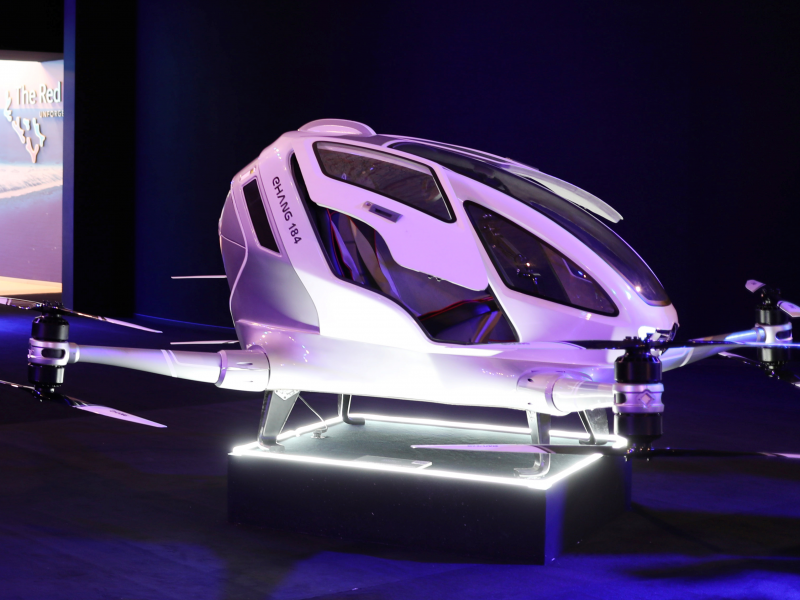
Neom is working on the notion that, in the future, driving cars will just be for fun, and no longer a method of transportation.
So people might drive a Ferrari to the coast, but not drive themselves to work.
Source: The Wall Street Journal
Neom residents will — according to the plan — be able to choose from more Michelin-starred restaurants per capita than in any other city.
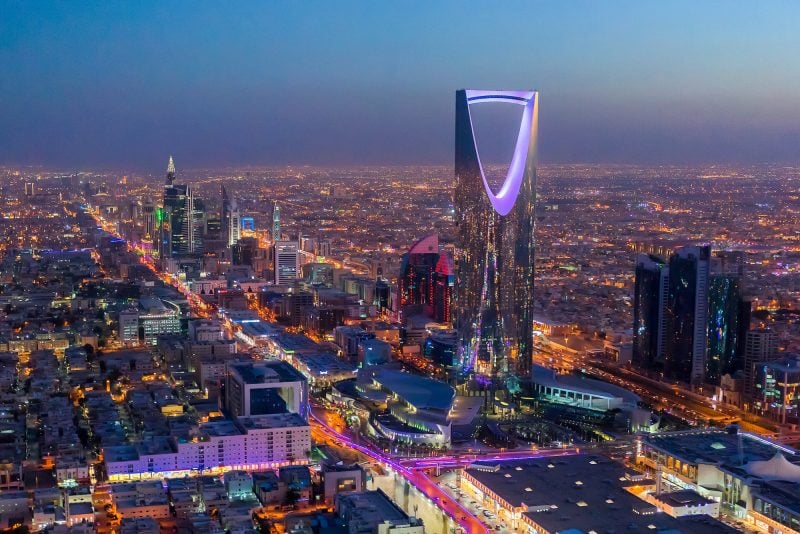
Source: The Wall Street Journal
The Red Sea coastline will be altered, according to the plans, with glow-in-the-dark sand added to its beaches.
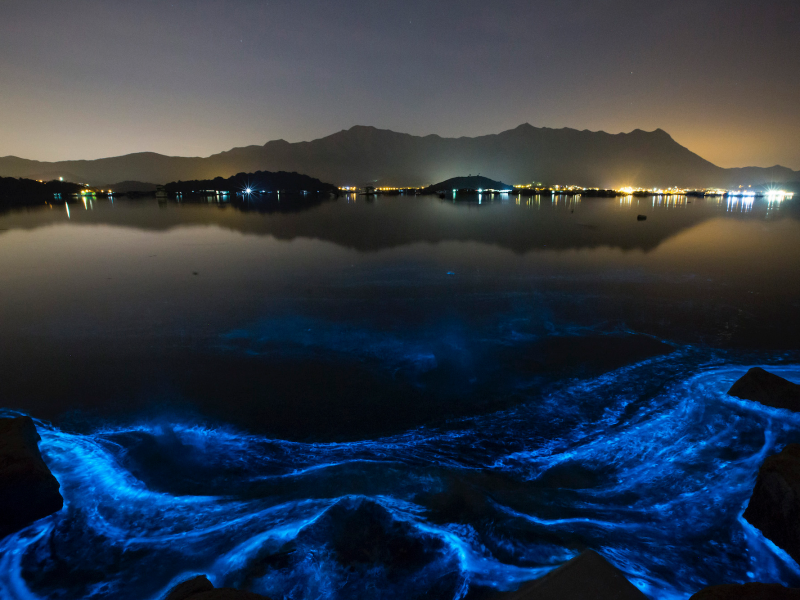
Source: The Wall Street Journal
Construction work has already started on Neom Bay, phase one of the mega-city.

Neom Bay is due to become a residential area with "white beaches, a mild climate and an attractive investment environment," the Saudi Press Agency said.
Its completion date has been set for some time in 2020.
Source: Saudi Press Agency
Some progress has already been made: Neom Airport is nearly finished, and has already been registered as an official international airport.
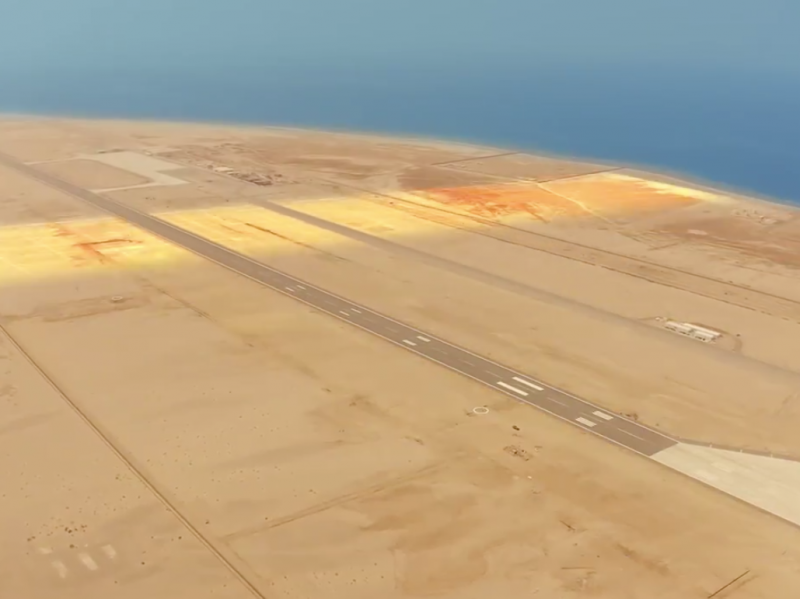
The inaugural flight landed there in June.
Source: Saudi Gazette
Neom used a photo of Singapore's Gardens by the Bay in their marketing materials, suggesting they'll likely draw inspiration from the South Asian city.

The Saudi government is already hosting events at the site of Neom to generate investment and media attention.
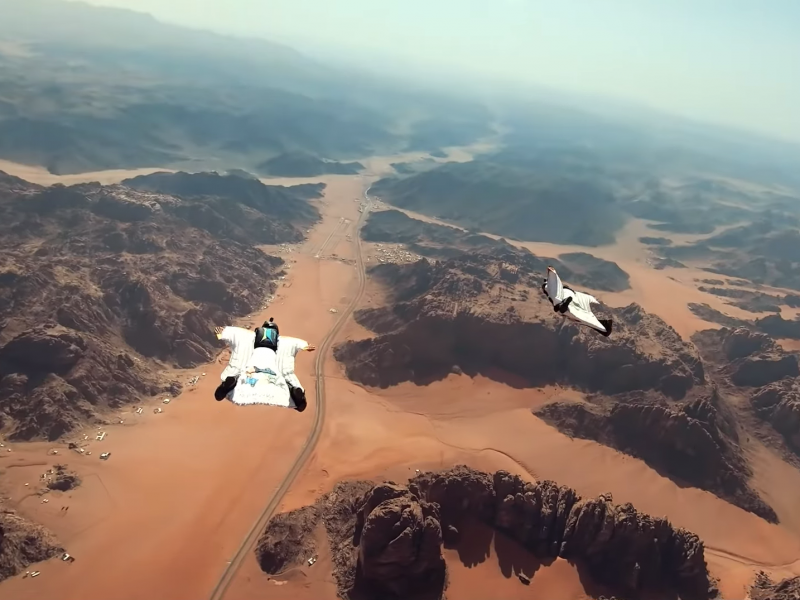
Source: Insider
The future of the project is in flux, however. After the murder of Saudi-US journalist Jamal Khashoggi, the Saudi crown prince, Mohammed bin Salman, reportedly said: “No one will invest for years."
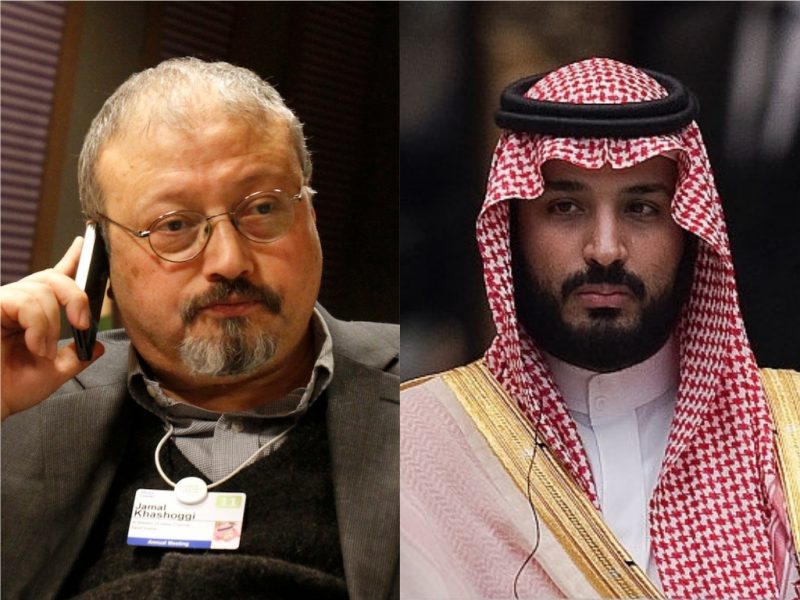
Source: Financial Times

